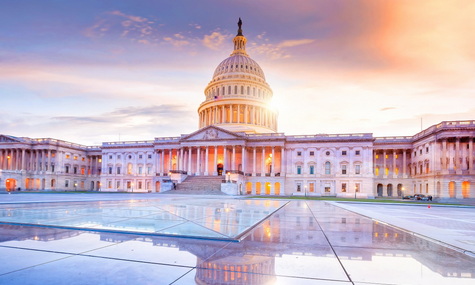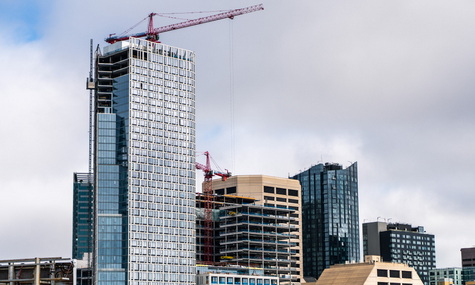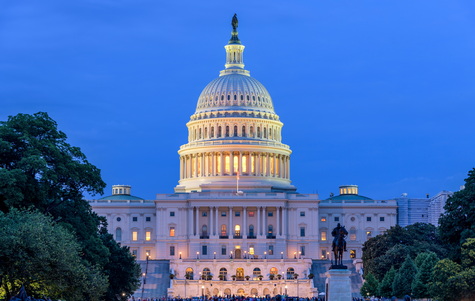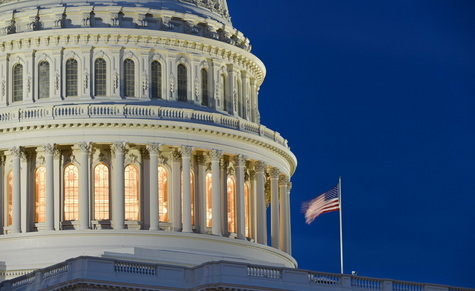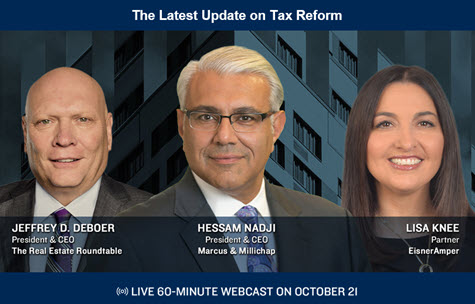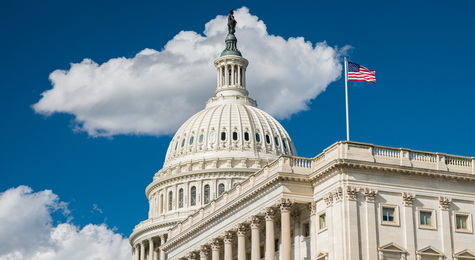
A Federal Communications Commission (FCC) order released Tuesday aims to nullify arrangements between broadband providers and building owners to deliver efficient and cost effective internet service for residential and business tenants. (Bloomberg, Feb. 15)
- The FCC maintains that its latest rules will “unblock broadband competition” for apartment dwellers and businesses. The agency aims to block agreements that would allow building owners to share revenue with a broadband company when providing internet access in a residential or commercial building. (FCC news release)
- The FCC’s action this week derives from a Biden Administration executive order issued last summer that contains a far-reaching objective to “promote competition in the American economy.” The order included a lone reference to rules that improve tenants’ choices in selecting broadband providers, which led to this week’s action by the FCC.
- Multifamily industry advocates counter that the FCC’s latest order could “discourage investment and harm deployment and maintenance of broadband networks.” [Feb. 17 statement of the National Multifamily Housing Council (NMHC) and the National Apartment Association (NAA)]
- The NMHC and NAA statement explains that the FCC’s ruling attempts to provide a solution where there is no problem. “Industry data shows competition and superior broadband service already exists, with 80 percent of apartments surveyed having two or more providers on site.”
- NMHC and NAA also point out that the FCC’s order could actually hinder broadband access for Americans living in low-income communities, smaller rentals, public housing, and other underserved properties most in need of broadband modernization. “Building owners often struggle to find even one provider to serve a property and provide up-to-date broadband service in these locations,” the organizations stated.

- NMHC and NAA led a coalition of real estate groups – including The Real Estate Roundtable and Nareit – in filing comments to the FCC last fall. The coalition comments demonstrated there is “ample competition in the broadband market in apartment buildings and office and retail properties” and that new FCC rules were unnecessary.
- The real estate coalition comments also explained that “revenue sharing agreements” between building owners and broadband providers are not the problem that limits internet access in low-income and other underserved communities. Rather, the chief “limiting factor” in addressing that challenge is the cost of “extending infrastructure to and within those communities” in the first place. (FCC comment letter, Oct. 20, 2021)
The bipartisan Infrastructure Investment and Jobs Act (IIJA) invests roughly $65 billion “to help ensure that every American has access to reliable high speed internet.” (Bipartisan Infrastructure Law Guidebook, “Broadband” section)
The Roundtable will continue to work with coalition partners to promote speedy and proper disbursement of IIJA funds for broadband and other infrastructure projects, while preserving the rights of owners to manage their buildings and meet their tenants’ demands.
# # #





